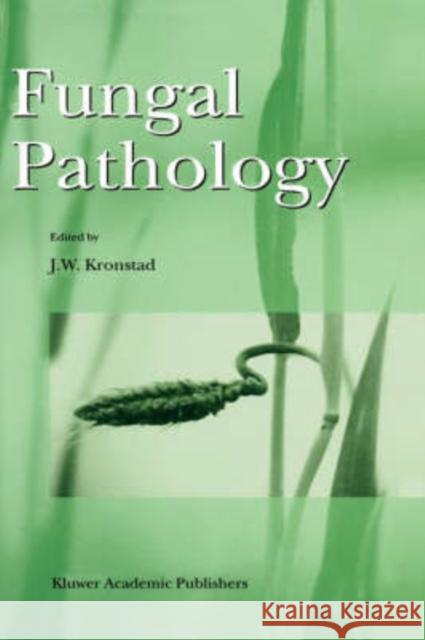Fungal Pathology » książka
Fungal Pathology
ISBN-13: 9780792363705 / Angielski / Twarda / 2000 / 404 str.
This book brings together twelve chapters on fungal pathogens with the goal of presenting an overview of the current areas of activity and the common themes that pervade research on these important organisms. The timing of the book is appropriate because we have gained sufficient insight from molecular genetic analyses to begin to make some comparisons between different fungal pathogens and to discuss the key advances that have been made. The chapters provide a broad survey of the important topics in fungal pathogenesis including morphogenesis, virulence, avirulence, and signaling. The reader also will fmd clear discussions of parasitism, mutualism, symbiosis, evolution, phylogeny and ecology for those fungi where these issues are especially important. Finally, many of the chapters in this book illustrate the fact that we are on the verge of a revolution in our understanding of fungal pathogens because of the application of genomics to these organisms and their hosts. The fungi included in this book represent many of the most intensively investigated fungal pathogens of plants; in this regard, a chapter is also included for pathogens in the Phytophthora group, even though these organisms are no longer classified as fungi. It is appropriate to include Phytophthora for historical reasons and, in addition, the insights in terms of pathogenesis and host-specific interactions are important to keep in mind when considering fungal pathogens. Chapters are also included on pathogens of insects and humans, as well as endophytic fungi.











